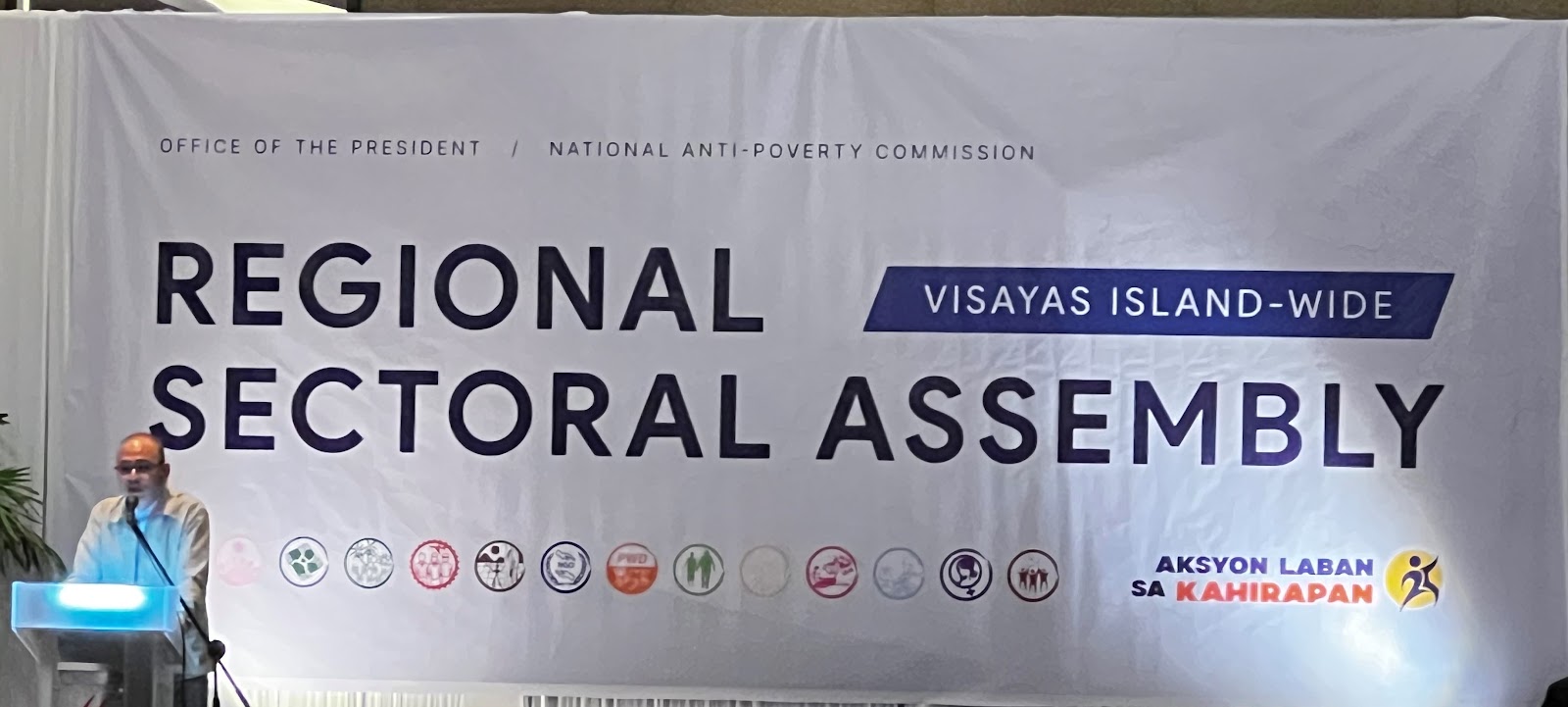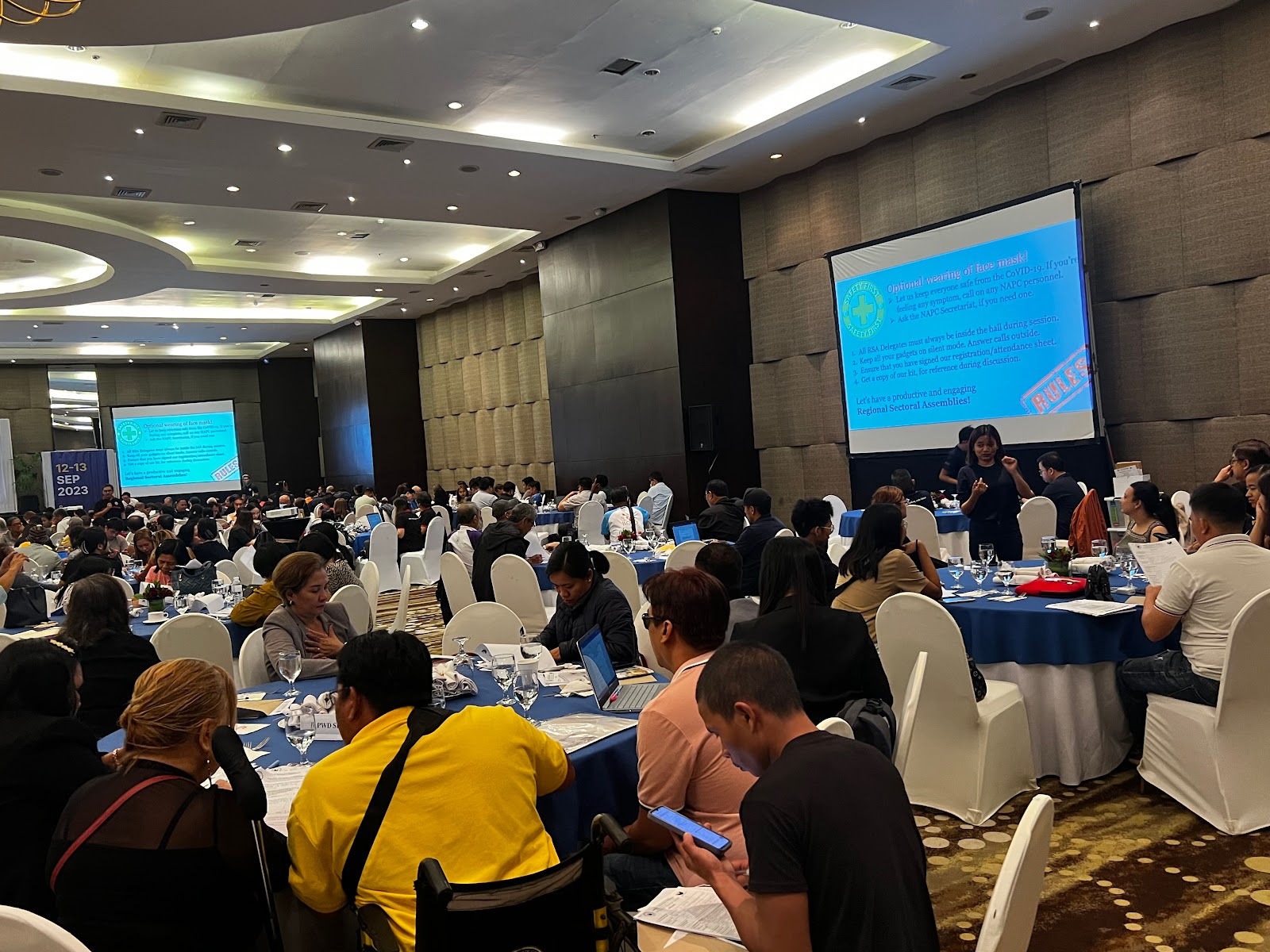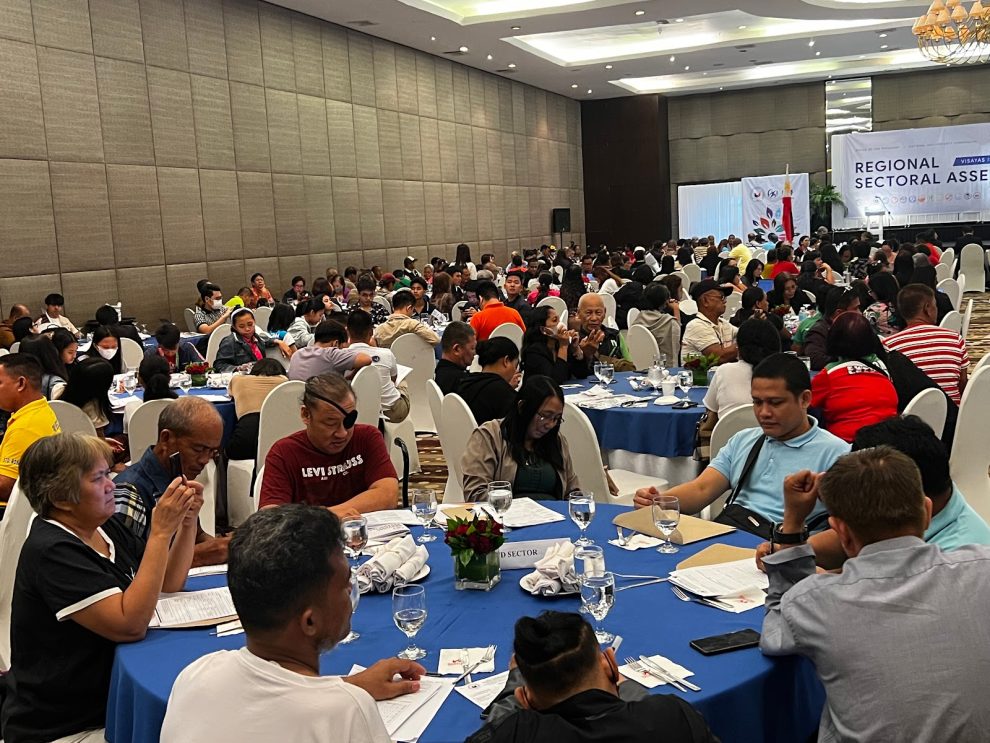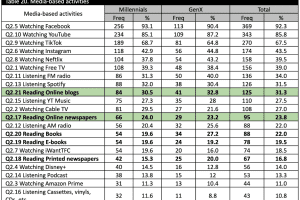MINERVA BC NEWMAN
More than 400 community leaders from various basic sectors in regions 6, 7 & 8 are here at the Waterfront Cebu City Hotel for the Regional Sectoral Assembly (RSA)on September 12-13 hosted by the National Anti-Poverty Commission (NAPC).
In his presentation, Santos said that Farmers and fisher-folks are considered the most poor in the country based on the 2021 PH Poverty Incidence report.

According to him, this translates to almost 20 million Filipinos or 3.5 million families living below the poverty threshold of about PhP12,030 per month for a family of five, whose income cannot sufficiently meet the basic food and non-food needs, based on the Family Income and Expenditure Survey (FIES).
Ruperto Aleroza, chair for Basic Sectors presented NAPC’s overview and its role in the poverty alleviation program of the government. Aleroza said that NAPC institutionalizes the role of the 14 basic sectors in the four multi-dimensional approaches to poverty or Social Reform and Poverty Alleviation or RA-8425.
Aleroza added that NAPC is present in all the regions nationwide through the government offices and the basic sector council members who are organization leaders elected in a process of the National Sectoral Assembly.

According to the law, the basic sectors and LGUs are tasked to formulate, implement, monitor and review the National Poverty Regional Plan (NPRP). They are also regularly consulted in the implementation and monitoring of poverty alleviation programs and projects under the NPRP through the NAPC Local Sectoral Mechanism or Local Basic Sectors Coordinating Council (LBSCC).
The RSA aims to serve as the regional platform of the basic sectors to democratize decision-making processes in governance; discuss priority sectoral agenda, accomplishments, issues and concerns.
The regional assembly is expected to map out the next set of representatives or potential delegates of the NAPC Basic Sectors to different mechanisms such as the National Basic Sectoral Councils (BSC) and the LBSCC.












